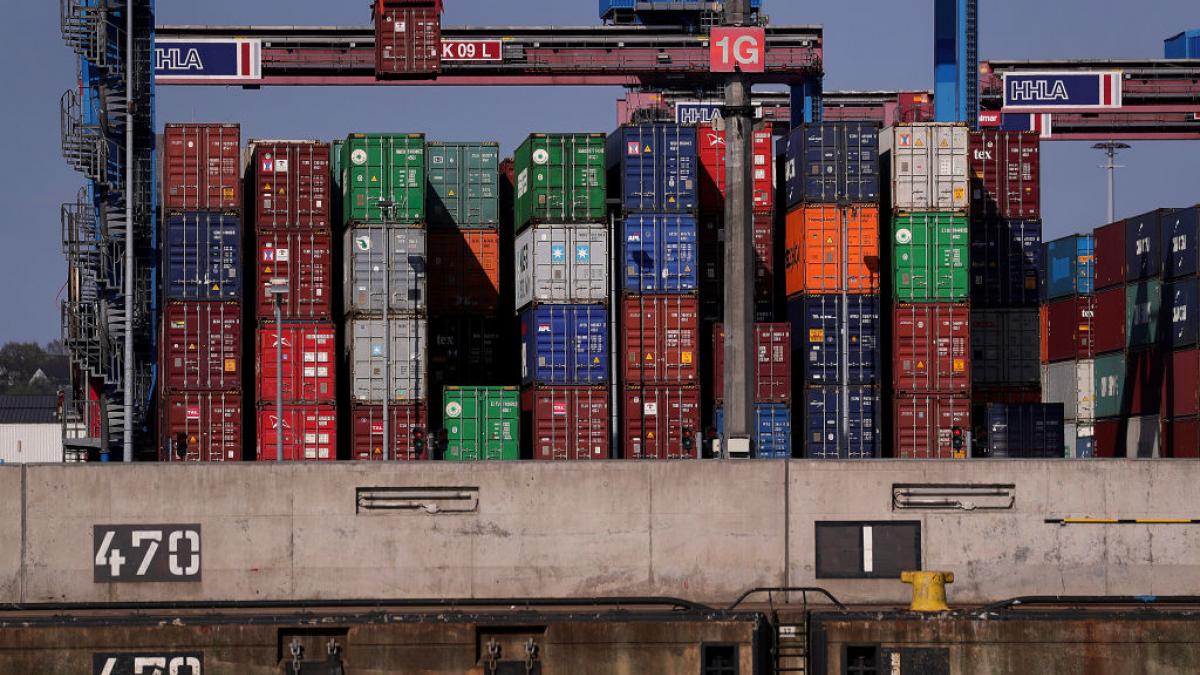Deglobalisation and Protectionism
This paper presents a data-driven examination of whether deglobalisation has happened and whether protectionism was the cause.

Trade in goods has slowed markedly since the global financial crisis (GFC), but there is
no deglobalisation: most countries have seen increased international integration across
nearly all goods, services and factor markets. China has become more self-reliant and
is a notable exception in goods trade. Despite some dramatic instances, protectionism
has largely been kept at bay and trade in goods remains quite free, perhaps freer
than it was before the GFC. The proliferation and deepening of free trade agreements
have contributed to this outcome. There has been deglobalisation of capital markets,
but not because of protectionism. Despite efforts to erect barriers in some sensitive
sectors, technology flows quite freely across borders because of the internet. However,
trade policy uncertainty increased after the election of President Trump, a trend that
persists under President Biden, and the biggest challenge is to avoid backsliding. There
are many missed opportunities in the globalisation of services and of capital flows –
especially those to developing countries. Increased migration remains potentially the
largest source of gain from globalisation, but it is also the most fraught politically.
Anabel Gonzalez and Richard Newfarmer provided very useful comments on a previous draft. Thanks for helpful comments also go to Bruegel colleagues Alicia García-Herrero, David Kleimann, André Sapir, Nicolas Véron, and Jeromin Zettelmeyer. Robin Schindowski and Ryan Strong provided excellent research assistance, and Klaas Lenaerts provided technical support.